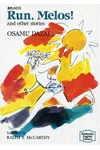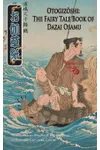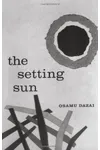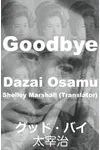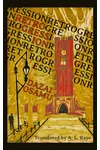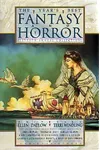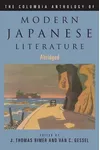Picture a Japanese storyteller who bared his soul through haunting tales of human struggle—meet Osamu Dazai! Born in 1909, this literary genius captured the raw turmoil of postwar Japan with novels like No Longer Human and The Setting Sun. Despite a life shadowed by addiction and tragedy, Dazai’s introspective prose continues to captivate readers worldwide.
With a knack for blending dark humor and existential dread, Dazai’s stories resonate with anyone who’s ever felt like an outsider. Ready to dive into the world of this tortured yet brilliant author? Let’s explore his life, works, and lasting legacy.
The Making of Osamu Dazai
Born Shuji Tsushima in Aomori Prefecture, Japan, on June 19, 1909, Dazai grew up in a wealthy family with a complex dynamic. The contrast between his privileged upbringing and inner turmoil shaped his worldview. Fascinated by Western literature and Japanese storytelling, he began writing in his teens, adopting the pen name Osamu Dazai. His early works, like short stories published in literary magazines, hinted at the raw emotional depth that would define his career. However, personal struggles, including addiction and failed suicide attempts, cast a shadow over his early years, fueling the authenticity of his voice.
Osamu Dazai’s Unforgettable Stories
Dazai’s writing is a window into the human psyche, blending semi-autobiographical elements with vivid explorations of alienation. His masterpiece, No Longer Human (1948), follows Yozo, a man grappling with his inability to connect with society. Its stark honesty and introspective style make it a cornerstone of Japanese literature. Similarly, The Setting Sun (1947) portrays a fading aristocratic family, reflecting Japan’s postwar identity crisis. The novel’s poignant themes of decline and resilience struck a chord with readers.
Other notable works include Run, Melos!, a reimagined Greek tale of friendship and sacrifice, and Villon’s Wife, a short story collection showcasing Dazai’s knack for blending humor with despair. His style—marked by lyrical prose, dark wit, and unflinching vulnerability—set him apart in Japan’s literary scene. Dazai’s ability to weave personal pain into universal themes ensures his stories remain timeless.
Why Osamu Dazai Matters
Dazai’s influence stretches far beyond his short life. His raw depictions of mental health struggles and societal disconnection resonate with modern readers, particularly those drawn to introspective narratives. In Japan, he’s a cultural icon, inspiring countless adaptations, from films to anime. Globally, his works have found a new audience among fans of existential literature, cementing his place alongside authors like Dostoevsky and Camus. Dazai’s fearless honesty continues to spark conversations about identity, purpose, and the human condition.
About Osamu Dazai
- Born: June 19, 1909, in Aomori, Japan
- Key Works: No Longer Human, The Setting Sun, Run, Melos!
- Died: June 13, 1948, by drowning
- Legacy: A pioneer of Japanese autobiographical fiction
Snag No Longer Human and dive into Osamu Dazai’s hauntingly beautiful world! Whether you’re new to his work or a longtime fan, his stories promise an unforgettable journey through the heart of human frailty.


